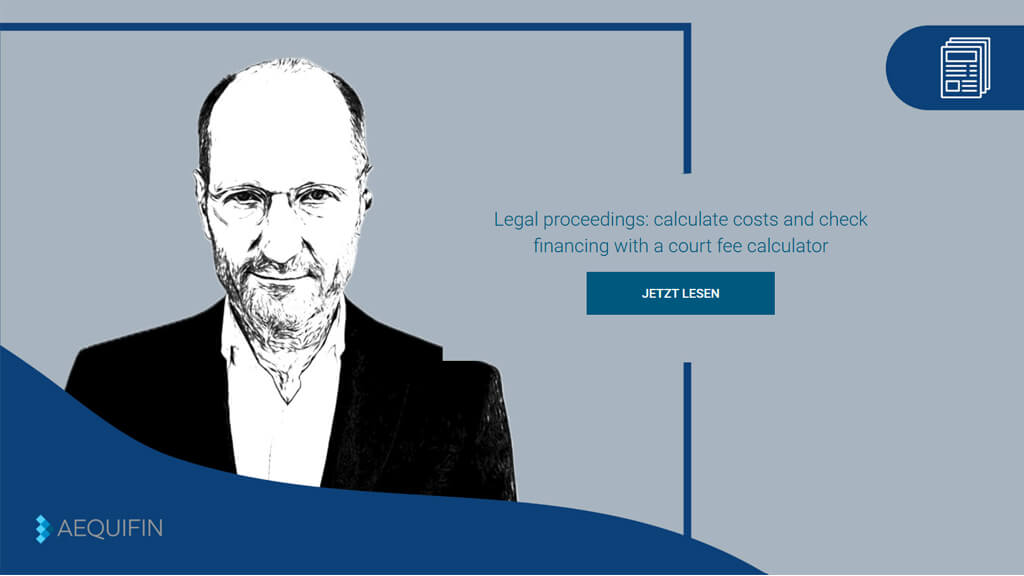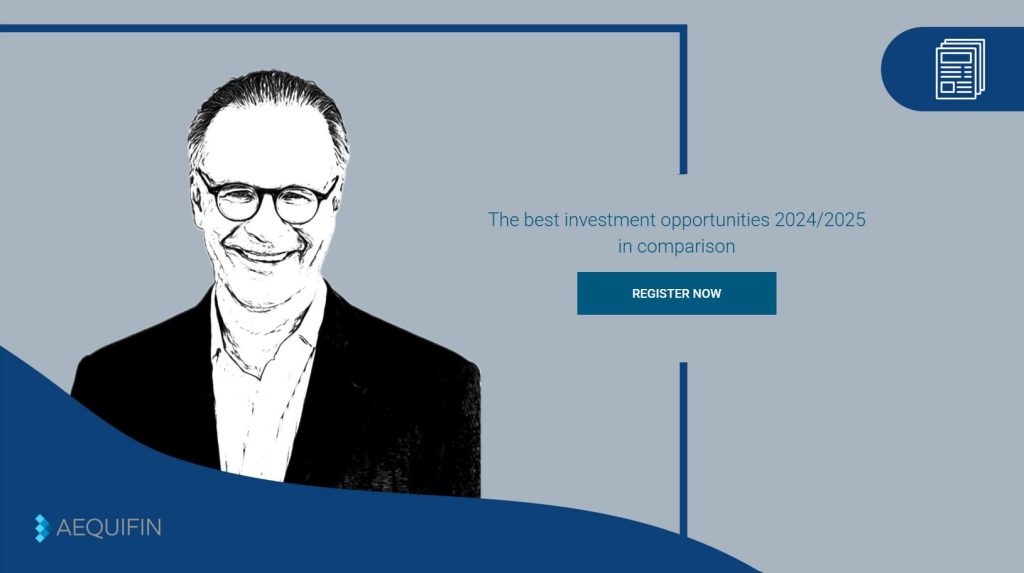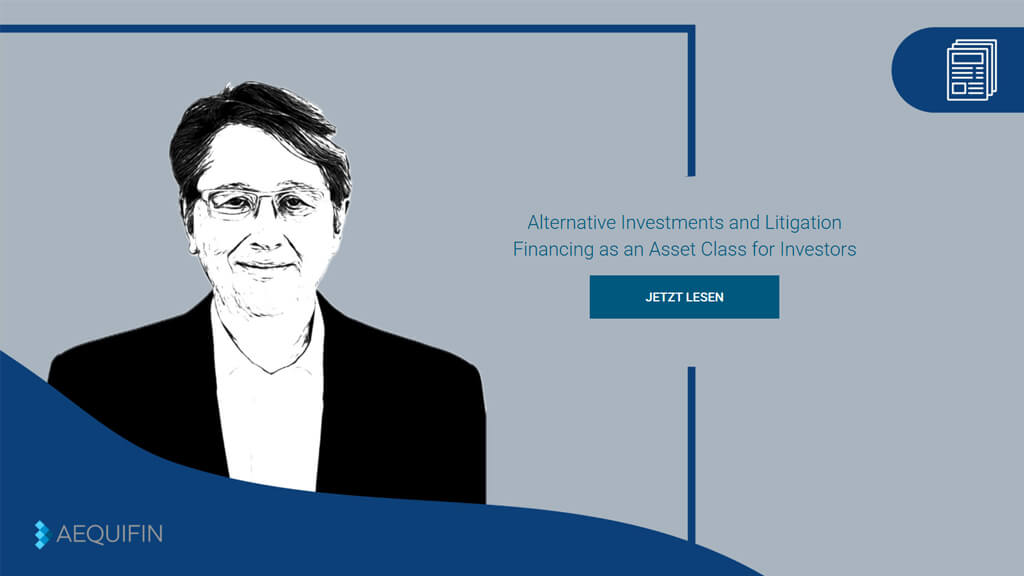Why Litigation Financing Matters
Access to the legal system should be available to everyone. But in reality, high court costs can prevent legitimate claims from being pursued. For private individuals and small businesses in particular, the financial risk of litigation presents a significant barrier. Litigation financing offers a solution by covering these financial burdens and enabling affected parties to assert their rights without bearing any personal cost risk.
Case Study: How High Legal Costs Can Threaten a Business’s Survival
A medium-sized company became involved in a legal dispute with a former business partner. The amount in dispute exceeded €250,000, which posed a serious threat to the company’s existence. Legal and court fees quickly added up to tens of thousands of euros. Without litigation financing, the company would have had to drop the case due to financial constraints. Thanks to an external litigation funder, the dispute was pursued and ultimately won.
Government Support: Legal Aid (PKH)
For individuals with low income, there is the option of applying for legal aid (Prozesskostenhilfe, PKH). In such cases, the state covers all or part of the court and legal fees if the applicant meets the financial eligibility criteria. However, legal aid is subject to strict conditions and does not cover all types of legal proceedings. Additionally, the costs may need to be repaid later if the applicant’s financial situation improves.
What Litigation Financing Options Exist?
Depending on the individual situation, there are different ways to obtain litigation financing. While consumers often seek support for consumer claims, businesses or law firms usually require financing solutions for commercial disputes.
Litigation Financing for Consumers
If private individuals cannot afford to pursue a legal case, litigation financing may be an option. Even if the goal is simply to reduce financial risk, financing can still be a practical and sensible solution. Typical cases include the following:
- Consumers suing companies (e.g. defective products or breach of contract)
- Employment disputes where employees take legal action against their employer
- Compensation claims following accidents or medical malpractice
However, many commercial litigation funders only take on such cases if the chances of success are high and the disputed amounts are significant.
Commercial Litigation Financing
Companies and law firms often require sufficient capital to finance costly legal disputes. This is especially true for complex commercial litigation or international legal cases, where the financial risk can be substantial. In contrast to consumer financing, the sums involved are typically much higher. For this reason, commercial litigation funders usually conduct thorough due diligence. Commercial litigation financing is suitable for:
- Companies seeking to enforce outstanding claims
- Startups and SMEs defending themselves against unjustified claims
- Law firms that want to offer financing solutions to their clients
When Is Which Option Suitable? Decision-Making Guide
You might be wondering which type of litigation financing best suits your case. The answer depends on the amount in dispute, the chances of success, and your personal financial situation. While private individuals often choose between legal aid, legal expenses insurance, or commercial funders, companies typically require tailored financing solutions.
The following overview provides a quick decision-making guide:
| Situation | Suitable Financing Solution |
| Low income, no reserves | Legal aid (PKH) |
| Consumer action with high amount in dispute | Commercial litigation funder |
| Commercial claim | Process Financing platform |
| Legal expenses insurance available | Verification of cover by the insurance company |
| Legal dispute with unclear outcome | Individual advice from a financing expert |
Still unsure which financing option best suits your case? Use our interactive decision tree to help you choose the right solution, whether it’s litigation financing, legal aid or legal expenses insurance.
Tips for Choosing the Right Financing Partner
Not every litigation funder is suitable for every case. To ensure smooth financing, claimants should keep the following points in mind:
✔ Assess chances of success: Reputable funders only take on cases with a high probability of success. An independent initial assessment can be helpful.
✔ Compare costs: While some providers charge a percentage of the case proceeds, there are alternative models with fixed fees.
✔ Consider processing time: The review of a case can take several weeks depending on the provider. A litigation funding platform like AEQUIFIN can significantly speed up this process.
✔ Check for additional services: Some funders not only offer financial support but also strategic assistance by connecting claimants with experienced lawyers.
Financing Options
The traditional approach of submitting financing requests to individual commercial litigation funders can be a tedious and time-consuming process. Each request must be reviewed separately, which can take weeks or even months. At AEQUIFIN, however, requests can be submitted through a single platform and forwarded to multiple funders at once. This significantly speeds up the process and increases the chances of successful financing.
Claimants have several options for financing their litigation costs. Here’s an overview of the most common solutions:
- Submitting financing requests to individual litigation funders
- Extensive research required
- Long processing times
- No direct cost comparison
- Using a litigation funding platform like AEQUIFIN
- Globally unique model
- Faster processing due to multiple registered funders
- Maximum transparency
- Government support through legal aid (PKH)
- Available only to those in financial need
- Strict eligibility requirements
- Repayment required in certain cases
- Legal expenses insurance
- Does not cover all types of disputes
- Often includes high deductibles
- Limited coverage amounts
IN JUST 5 MINUTES:


IN JUST 5 MINUTES:
BECOME A SPONSOR -
YOUR ENTRY INTO ATTRACTIVE LITIGATION FUNDING OPPORTUNITIES
Legal Expenses Insurance: A Viable Alternative?
Legal expenses insurance can be a useful safeguard against high litigation costs, but it does not cover all types of cases. Anyone planning to file a lawsuit should check whether their legal expenses insurance will cover the costs or whether commercial litigation financing might be the better option.
Litigation Financing vs. Legal Expenses Insurance
Both models have their pros and cons. While legal expenses insurance offers predictable costs, litigation financing allows claims to be pursued without any upfront financial contribution.
| Criteria | Litigation financing | Legal expenses insurance |
| Cover | Only for financially viable cases with a high chance of success | Depending on the contract, often with exclusions |
| Costs | No advance payment – participation in earnings | Monthly or annual contributions |
| Flexibility | Financing also possible after the start of the dispute | Must be completed before the legal dispute |
| Assumption of risk | 100 % assumption of costs if the case is accepted | Often excess or capped cost coverage |
| Suitable for | High amounts in dispute, companies, law firms | Private individuals with recurring legal needs |
→ Learn more: Litigation financing vs. legal expenses insurance
Another key difference here: while litigation funders select cases based on their economic prospects of success, insurers often only provide coverage if certain conditions are met. Anyone with an active legal expenses insurance policy should check whether their current case is covered. If not, litigation financing may be a sensible alternative.
Commercial litigation funders: External funders
External litigation funders assume the costs of court proceedings and receive a share of the proceeds if the case is successful. This seems particularly attractive for companies and law firms in order to conserve liquid funds and outsource financial risks.
Requirements
Not every case is suitable for commercial litigation financing. Financiers check requests according to the following criteria:
✔ Minimum amount in dispute: as a rule, cases with an amount in dispute of €100,000 upwards are financed.
✔ Prospects of success: The lawsuit must have a high probability of winning.
✔ Debtor’s creditworthiness: A judgment is only valuable if the defendant is solvent.
✔ Legal clarity: Litigation financiers prefer cases with a clear legal situation.
Advantages and examples
Commercial litigation financing offers numerous advantages for companies, law firms and plaintiffs with high amounts in dispute:
- No financial risk – costs for lawyers, expert opinions and court are covered.
- Conserves liquidity – companies do not have to tie up capital.
- Litigation by experts – financiers often work together with specialized law firms.
💡 Example: A software company had discovered a patent infringement by a competitor. The lawsuit was promising, but the legal costs would have put a strain on the company’s own financial resources. Thanks to a commercial litigation financier, the company was able to successfully enforce its claims. Without using its own capital.
Conclusion
Litigation financing offers a valuable opportunity for both consumers and businesses to pursue legal disputes without financial risk. Especially in complex and highly contentious cases where costs can quickly escalate, financing through external partners is an attractive solution.
The AEQUIFIN platform stands out as the only one of its kind worldwide, making it fast and easy to connect with multiple funders for your case. This ensures that claimants and businesses can protect their financial interests while maintaining the best possible chances of success.
Use the AEQUIFIN platform to find the ideal litigation funder for your case.
Calculate how much litigation financing you need by using our litigation cost calculator. Start today and secure the best possible support for your legal proceedings.










